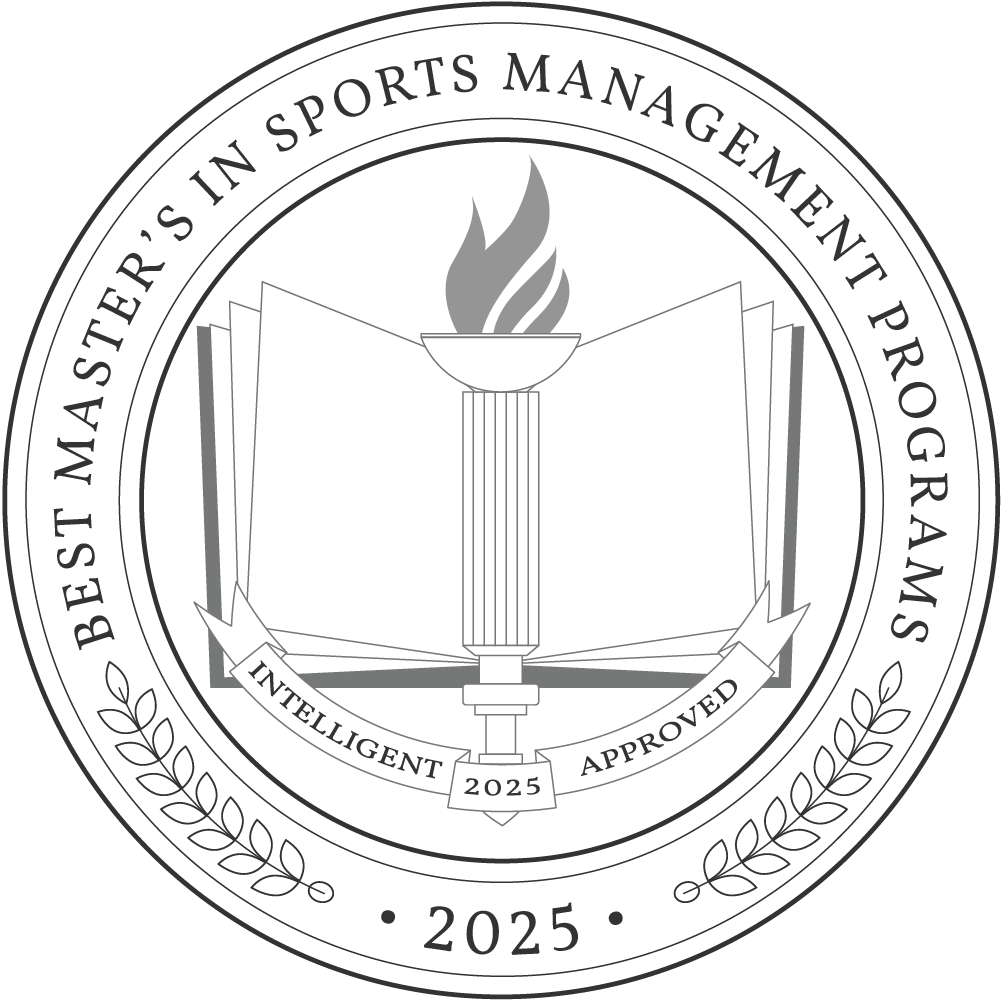Sports management programs equip students with the skills needed to navigate the dynamic and competitive sports industry. Graduates can pursue a broad range of professional roles once they have their degree in hand. A coach or scout, for example, makes a median salary of $44,890 annually, according to the U.S. Bureau of Labor Statistics. Facilities managers, meanwhile, earn a median salary of $101,870 a year.
A master’s program typically takes one and a half to two years for students attending full-time, with costs varying based on institutions. According to the National Center for Education Statistics, the average cost of a master’s degree program at a public institution is $12,394, while students attending a private college or university pay an average of $26,621.
Why Trust Us
The Intelligent.com Higher Education Team is dedicated to providing students with independent, equitable school and program rankings and well-researched resources. Our expert-driven articles cover topics related to online colleges and programs, paying for school, and career outlooks. We use data from the U.S. Department of Education’s College Scorecard, the National Center for Education Statistics, and other reputable educational and professional organizations. Our academic advisory team reviews content and verifies accuracy throughout the year for the most current information. Partnerships do not influence rankings or editorial decisions.
- Analyzed over 2,000 national, accredited, and nonprofit colleges and universities
- 800+ rankings pages are reviewed and updated yearly
- Content is informed by reputable sources, surveys, and interviews with academic advisors and other experts
- Over 100 data points are reviewed for accuracy and quality throughout the year, including sources
How we rank schools
Our list features the best Master’s Sport Management degree programs at top colleges nationwide. Each school featured is a nonprofit, accredited institution — either public or private — with a high standard of academic quality for post-secondary institutions.
We evaluated each school’s program on tuition costs, admission, retention and graduation rates, faculty, reputation, and the student resources provided for online students. We collected data from trusted sources like the National Center for Education Statistics, individual school and program websites, school admissions counselors, and other data sources. Then, we calculated the Intelligent Score on a scale of 0 to 100 based on the following criterion:
Academic Quality:
- Admission rate versus enrollment rate
- Retention rate of students who return after year one
- Accreditation status (regional and programmatic)
- Nonprofit status, both private and public institutions
Graduation Rate
- Overall graduation rate
- Total number of currently enrolled students, including diversity metrics
- Student-to-faculty ratio
Cost and ROI
- In-state and out-of-state per-credit tuition rates and fees
- Required credits to graduate
- Earning potential after graduation
- Availability of federal student loans, scholarships, and other financial aid options
Student Resources
- Available student services for online-only and hybrid programs
- On-campus amenities like tutoring centers and the number of libraries
Read more about our ranking methodology.
Master’s in Sports Management Programs That Might Interest You
Learn about start dates, transferring credits, availability of financial aid, and more by contacting the universities below.
Best 22 Accredited Master's in Sports Management Degree
FiltersInstitution Type
Status
- Intelligent Score
- Alphabetically By University Name
- Acceptance Rate
- Enrollment
- In-state Graduate Tuition
- Out-of-state Graduate Tuition
- In-state Undergraduate Tuition
- Out-of-state Undergraduate Tuition

University of Florida
Intelligent Score: 98.68In-state: $4,477
Out-of-state: $25,694
In-state: $10,770
Out-of-state: $10,770
SAT: 1290-1460
ACT: 29-33
$448
On-Campus, Online
Southern Association of Colleges and Schools, Commission on Colleges
30-36

Texas A&M University
Intelligent Score: 96.12In-state: $8,395
Out-of-state: $36,849
In-state: $6,775
Out-of-state: $6,775
SAT: 1160-1380
ACT: 26-32
In-State: $453
Out-of-State: $995
On-Campus
Southern Association of Colleges and Schools, Commission on Colleges
36

University of Michigan School of Kinesiology
Intelligent Score: 95.54In-state: $16,520
Out-of-state: $53,669
In-state: $24,344
Out-of-state: $24,344
SAT: 1340-1520
ACT: 31-34
In-State: $819
Out-of-State: $1,661
On-Campus
Higher Learning Commission
30

Columbia University in the City of New York
Intelligent Score: 95.37In-state: $57,864
Out-of-state: $57,864
In-state: $49,024
Out-of-state: $49,024
SAT: 1460-1570
ACT: 33-35
$2,536
On-Campus
Middle States Commission on Higher Education
36

Georgetown University
Intelligent Score: 94.24In-state: $57,384
Out-of-state: $57,384
In-state: $53,136
Out-of-state: $53,136
SAT: 1380-1550
ACT: 31-35
$1,573
On-Campus, Online
Middle States Commission on Higher Education
30
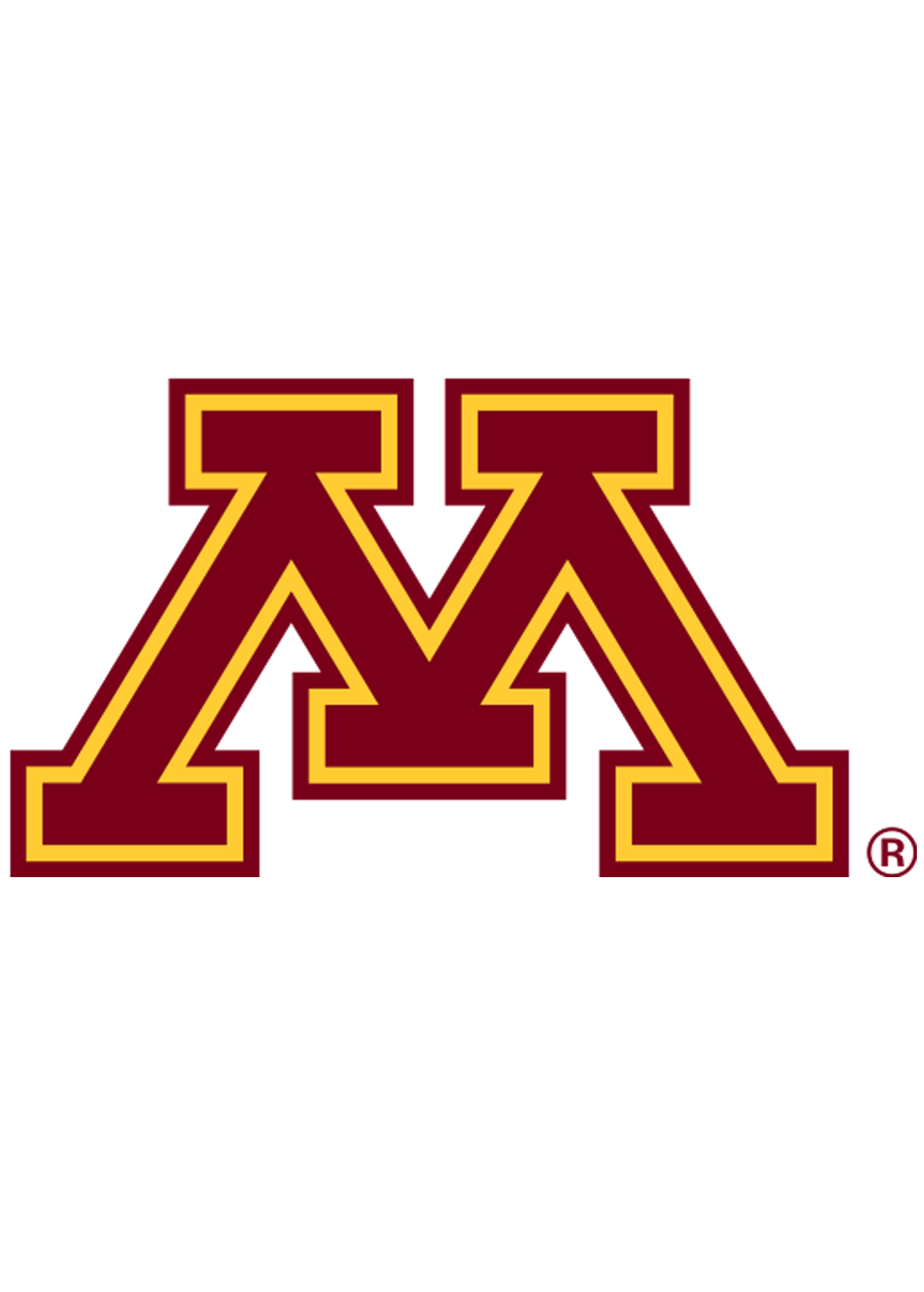
University of Minnesota
Intelligent Score: 94.21In-state: $13,318
Out-of-state: $31,616
In-state: $17,580
Out-of-state: $17,580
SAT: 1240-1460
ACT: 25-31
In-State: $796
Out-of-State: $1,232
On-Campus
Higher Learning Commission
30-36

University of Central Florida
Intelligent Score: 93.87In-state: $4,478
Out-of-state: $19,810
In-state: $6,916
Out-of-state: $6,916
SAT: 1160-1340
ACT: 25-30
In-State: $369
Out-of-State: $1,194
On-Campus
Southern Association of Colleges and Schools, Commission on Colleges
45

University of Massachusetts Amherst
Intelligent Score: 92.76In-state: $15,791
Out-of-state: $35,779
In-state: $14,014
Out-of-state: $14,014
SAT: 1200-1390
ACT: 27-32
In-State: $646
Out-of-State: $1,482
On-Campus
Southern Association of Colleges and Schools, Commission on Colleges
33

SUNY Cortland
Intelligent Score: 91.54In-state: $7,070
Out-of-state: $16,980
In-state: $11,310
Out-of-state: $11,310
SAT: 860-1060
ACT: N/A
In-State: $471
Out-of-State: $962
On-Campus, Online
Middle States Commission on Higher Education
30
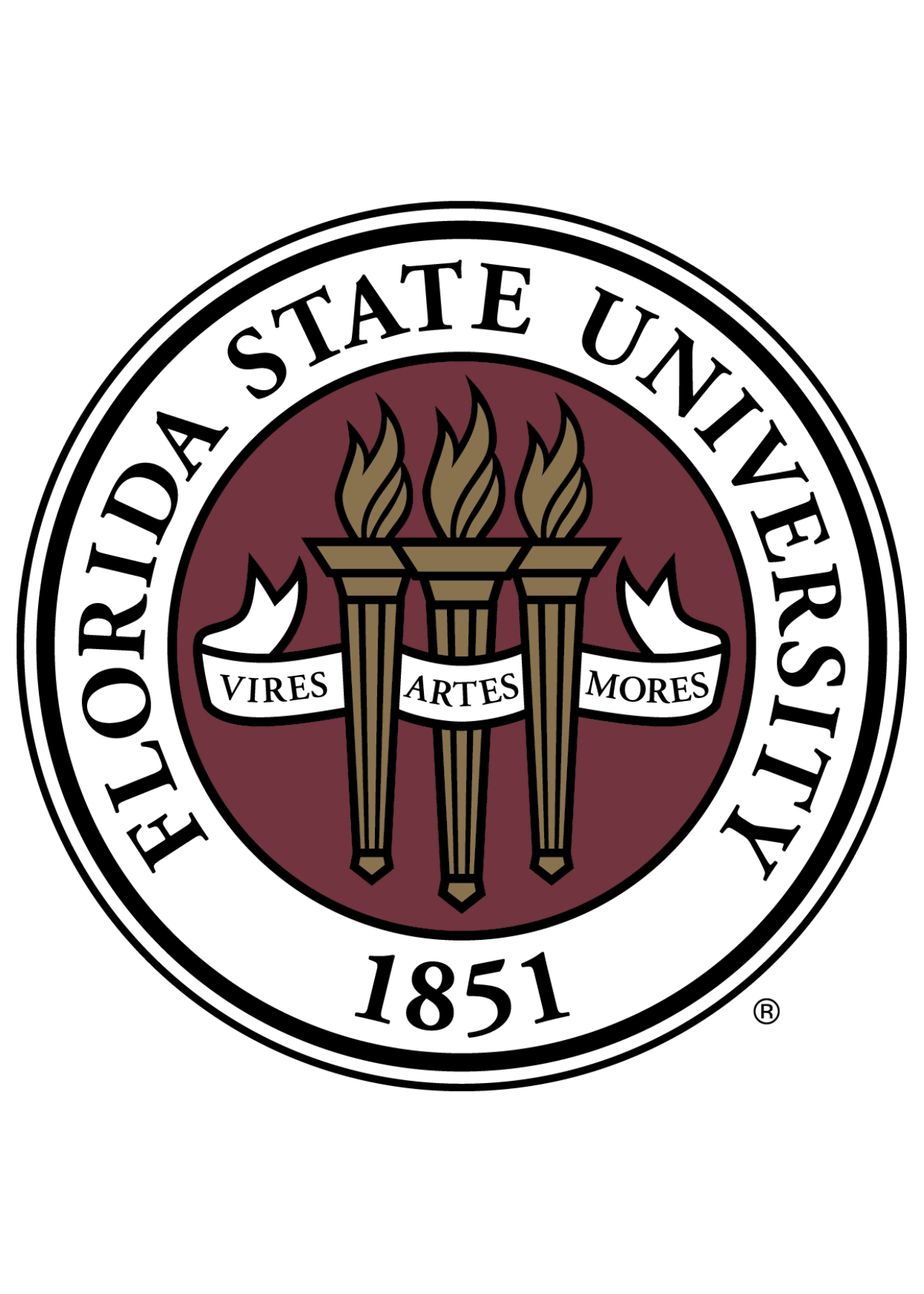
Florida State University
Intelligent Score: 90.06In-state: $4,640
Out-of-state: $19,084
In-state: $9,684
Out-of-state: $9,684
SAT: 1220-1350
ACT: 27-31
In-State: $479
Out-of-State: $1,110
On-Campus
Southern Association of Colleges and Schools, Commission on Colleges
36
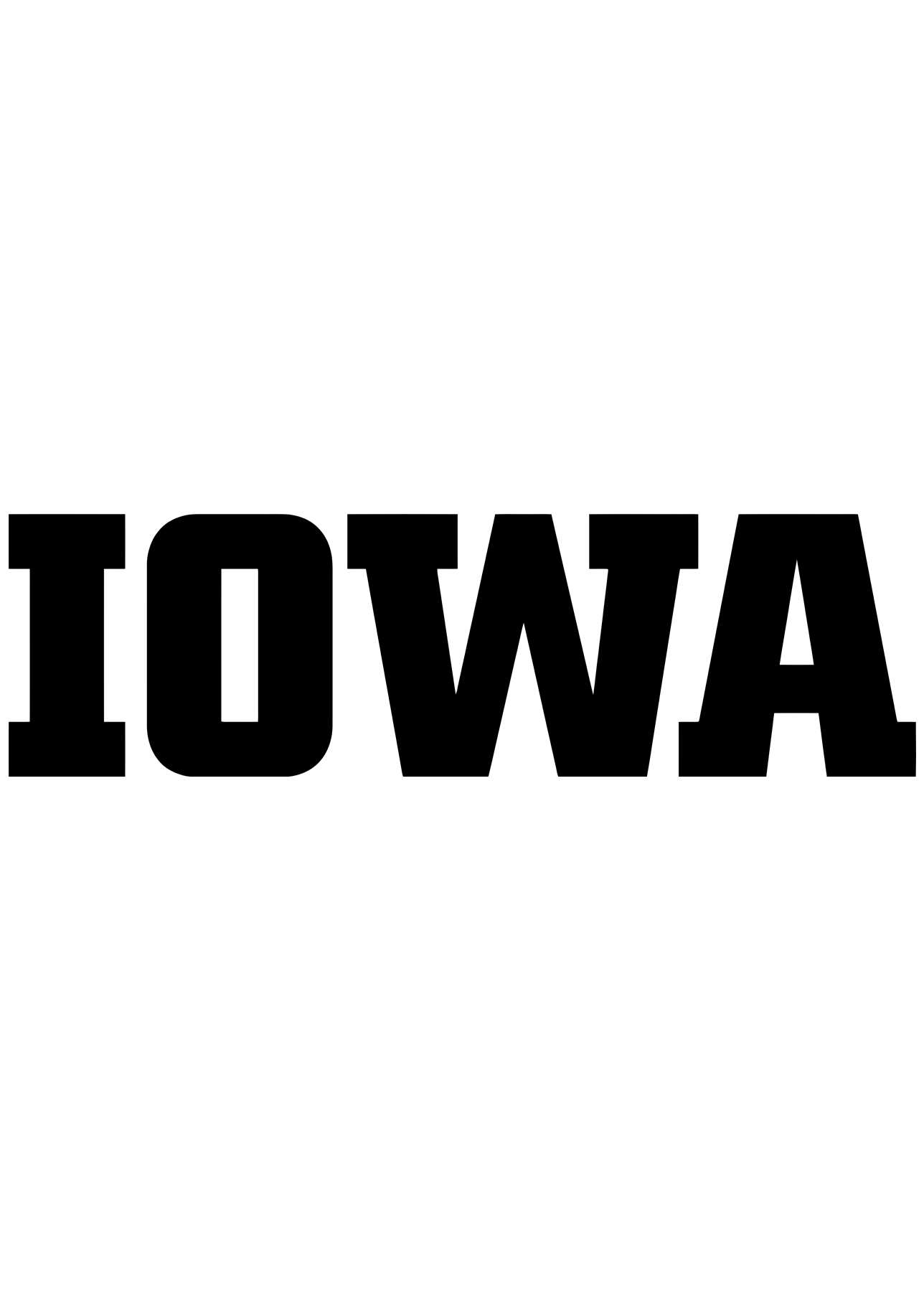
University of Iowa
Intelligent Score: 88.24In-state: $8,073
Out-of-state: $30,036
In-state: $10,079
Out-of-state: $10,079
SAT: 1110-1310
ACT: 22-29
$626
On-Campus
Higher Learning Commission
30
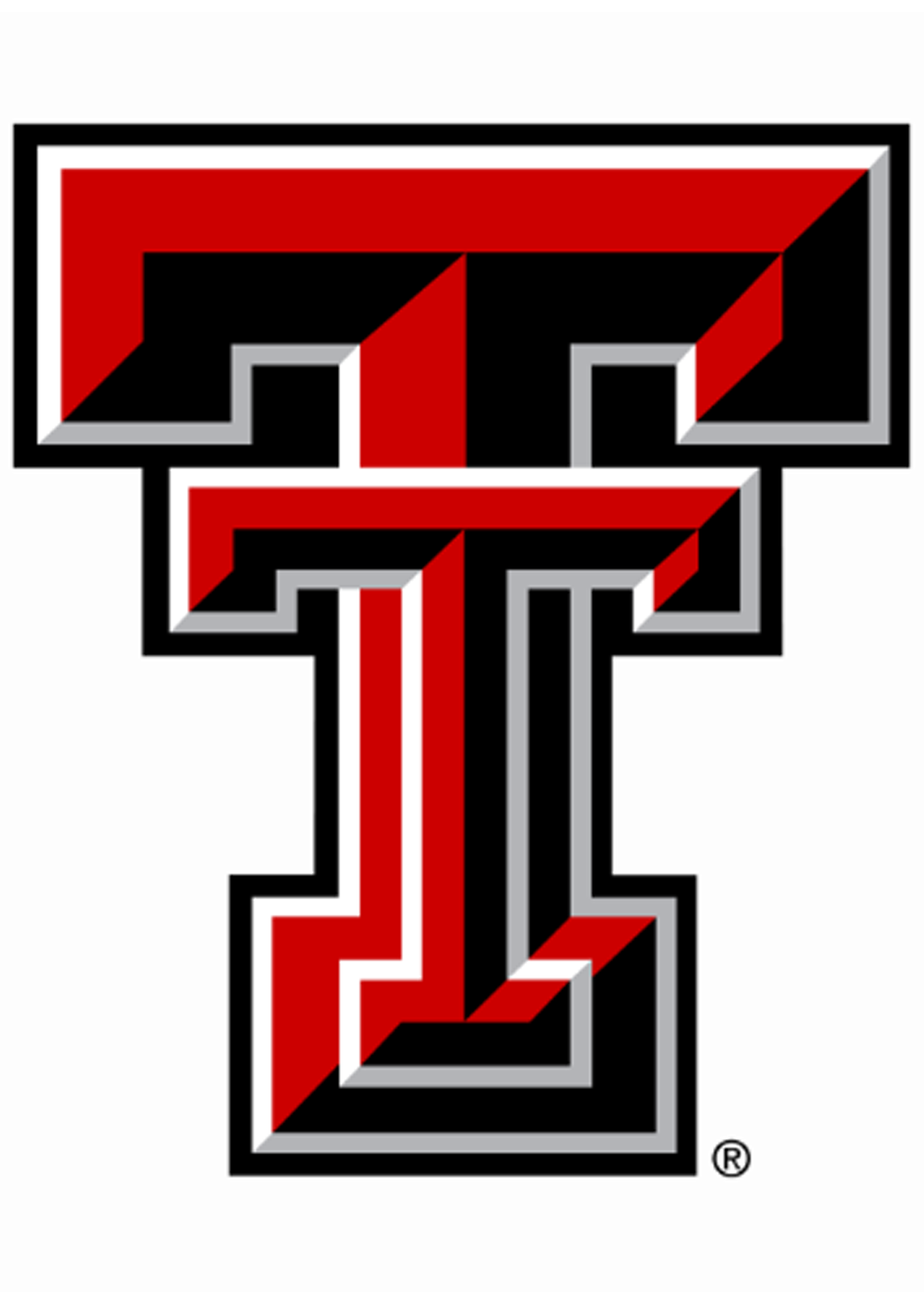
Texas Tech University
Intelligent Score: 86.81In-state: $8,683
Out-of-state: $20,953
In-state: $6,788
Out-of-state: $6,788
SAT: 1070-1240
ACT: 22-27
Resident: $768
Non-Resident: $1,176
On-Campus
Southern Association of Colleges and Schools, Commission on Colleges
30

Washington State University
Intelligent Score: 86.63In-state: $10,202
Out-of-state: $25,145
In-state: $11,781
Out-of-state: $11,781
SAT: 1020-1210
ACT: 20-26
In-State: $662
Out-of-State: $1,421
On-Campus
Northwest Commission on Colleges and Universities
34

The Citadel
Intelligent Score: 86.12In-state: $75
Out-of-state: $75
In-state: $10,740
Out-of-state: $10,740
SAT: 1030-1210
ACT: 21-26
In-State: $695
Out-of-State: $1,020
On-Campus
Southern Association of Colleges and Schools, Commission on Colleges
33
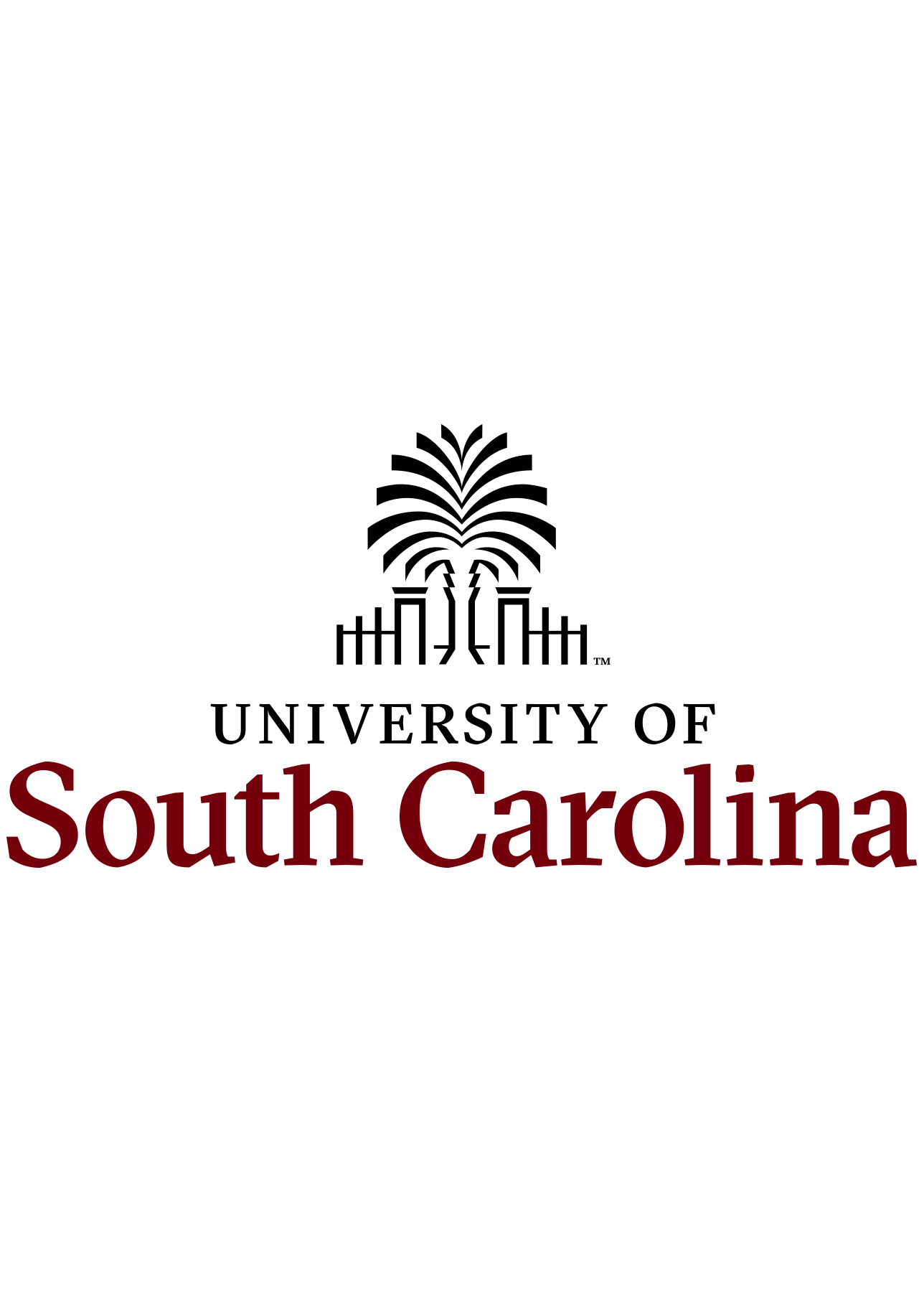
University of South Carolina
Intelligent Score: 84.01In-state: $12,288
Out-of-state: $33,528
In-state: $13,737
Out-of-state: $13,737
SAT: 1140-1340
ACT: 25-31
Resident: $528
Non-Resident: $1,031
On-Campus
Southern Association of Colleges and Schools, Commission on Colleges
36
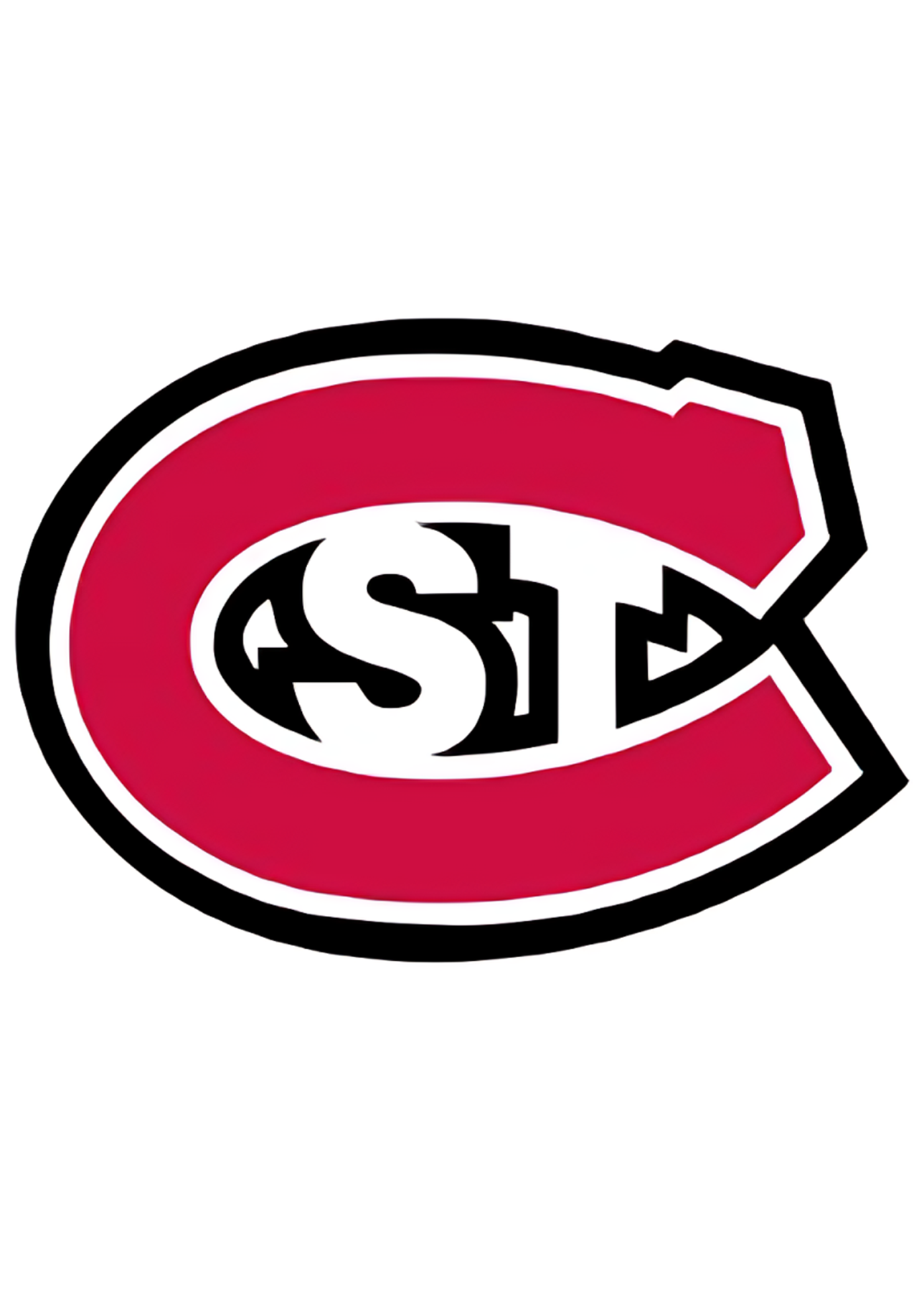
St. Cloud State University
Intelligent Score: 83.3In-state: $7,505
Out-of-state: $15,921
In-state: $7,607
Out-of-state: $7,607
SAT: 1000-1250
ACT: 18-24
In-State: $516
Out-of-State: $785
On-Campus, Online
Higher Learning Commission
33-36
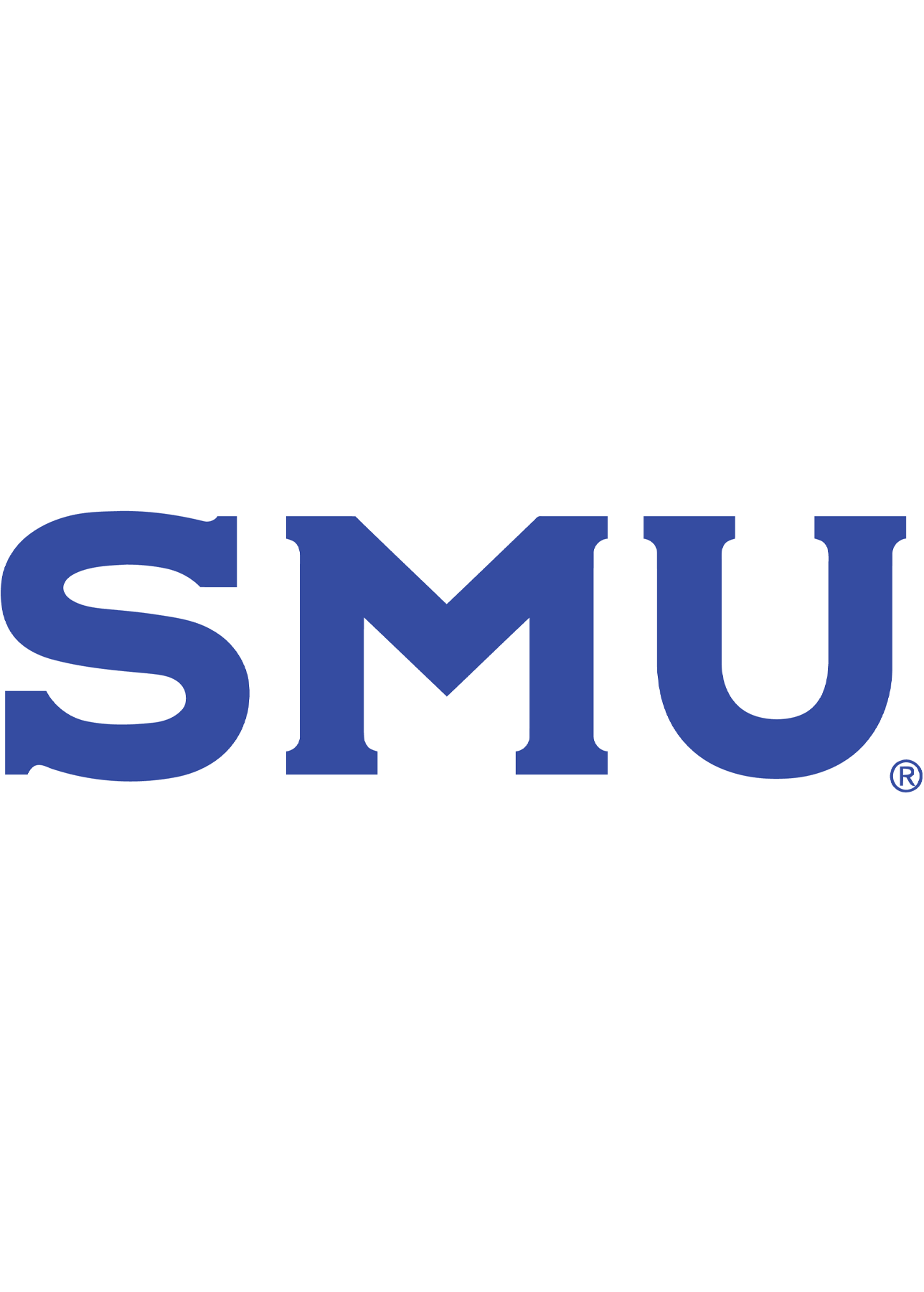
Southern Methodist University
Intelligent Score: 81.63In-state: $51,958
Out-of-state: $51,958
In-state: $40,896
Out-of-state: $40,896
SAT: 1250-1450
ACT: 29-33
$1,086
On-Campus
Southern Association of Colleges and Schools, Commission on Colleges
33
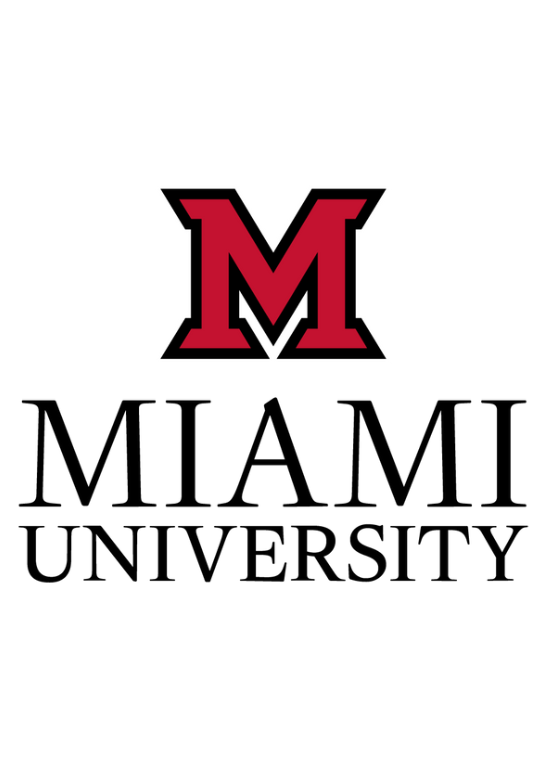
Miami University
Intelligent Score: 80.04In-state: $12,637
Out-of-state: $32,464
In-state: $12,554
Out-of-state: $12,554
SAT: 1160-1370
ACT: 24-30
Resident: $580
Non-Resident: $1,416
On-Campus
Higher Learning Commission
30
How to Choose a Master’s in Sports Management Program
Choose your area of study
Selecting your area of study is crucial in aligning your academic and career interests. For example, you may consider focusing on sports marketing, facility management, sports law, or sports analytics. One decision you’ll need to make is whether you prefer to interact directly with athletes or are more interested in working in a business setting.
Your bachelor’s degree may impact your choice. A bachelor’s in business administration may equip you with the skills to become a facilities manager or financial manager for a sports team, while a bachelor’s in sports management may make you better suited to working as a coach or athletic director. You may want to work with a career coach to determine where your interests intersect with a potential area of professional expertise.
Research schools and programs
Thoroughly research accredited institutions offering sports management programs. Evaluate faculty expertise, program reputation, and available resources. Spend time on your potential school’s website, and don’t hesitate to ask admissions officials any questions you may have. Some factors to consider include the following:
- How much does the program cost? In addition to tuition, you may have other fees, as well as costs for books and collateral materials. If you choose to live on campus, you will need to consider living costs as well.
- Is the program accredited? Reputable colleges and universities have regional accreditation or program-specific accreditation. You may lose out on financial assistance and employment opportunities if you attend a non-accredited institution. Look up your chosen school’s status in the Database of Accredited Postsecondary Institutions and Programs.
- What is the job placement rate for graduates? Find out what resources your institution offers to help graduates find employment. Most schools offer career placement services to students and should have data on the number of graduates who find jobs every year.
- What is the program format? This degree may be available in on-campus, online, or hybrid formats. You may also be required to complete a certain number of credit hours per semester, which could be an issue for those who plan to attend school part-time.
Prepare for tests and applications
You may need to take a standardized test such as the GRE in order to apply. Ensure your application includes a strong statement of purpose and a well-crafted resume. If you have previous experience in the field, be sure to note that. You are also likely to need letters of recommendation. While personal recommendations — such as from a minister or other community leader — can be helpful, it is equally beneficial to include letters from people who have known you in a professional capacity, if possible.
Check with your chosen school on application dates. Some schools have rolling admissions, which means you can submit your application at any time. Other schools have specific deadlines you will need to follow to be considered for admittance.
Select your program
By the time you have pulled together your application materials, you should have a good sense of what program you wish to enter. If you are uncertain and considering more than one, apply to all your options to see who offers you a better financial aid package. If possible, talk to faculty or staff members affiliated with the program you’re interested in. You may be able to learn a great deal from talking to the individuals who administer or teach in your chosen program.
Determine how you’ll pay for your degree
Explore financial aid options, scholarships, and part-time work opportunities to fund your master’s program. Don’t forget to factor in additional costs such as books and materials.
Your first step should always be to fill out the Free Application for Federal Student Aid (FAFSA). This can be done online and will begin the process of applying for federal scholarships, grants, and loans. Your chosen school may also use the data on the FAFSA to help determine your eligibility for institutional aid.
Another potential source of assistance is organizational aid. If you belong to a professional association, for example, they may offer scholarships. Also, if you are a current or former military member, you may be able to earn a break in tuition costs. A quick internet search could lead you to other funding opportunities.
Next, we compared this comprehensive list of online PhD programs to a list of aggregated college rankings from reputable publications like the U.S. News & World Report among others to simplify a student’s college search. We pored through these rankings so students don’t have to.
What Can You Expect From a Master’s in Sports Management Degree Program?
A master’s in sports management degree program offers prospective students an immersive education in the sports industry. Students can expect to gain comprehensive knowledge in areas such as sports business, marketing, facility management, and analytics. The curriculum typically covers strategic planning, leadership, and the legal aspects of sports management.
Most programs take between one and a half to two years, though it may take longer if you are attending classes part-time. Some institutions might integrate in-person labs or residencies to provide practical experiences and networking opportunities. Prospective students should anticipate learning from industry professionals, engaging in case studies, and developing skills essential for managerial roles in sports organizations.
Potential courses you’ll take in a master’s in sports management degree program
- Sports Marketing Strategies: This course delves into effective sports marketing techniques, covering topics such as sponsorship, branding, and promotional campaigns. Students learn to create strategic marketing plans tailored to the unique challenges of the sports industry.
- Facility and Event Management: Exploring the intricacies of planning and executing successful sports events, this course focuses on facility management, event logistics, and ensuring optimal operational efficiency for sports venues.
- Sports Analytics and Decision Making: This course introduces students to the world of sports analytics, teaching them how to leverage data-driven insights for informed decision-making in sports management. Topics include statistical analysis, performance metrics, and predictive modeling.
- Legal Aspects of Sports Management: Providing a comprehensive understanding of the legal frameworks within the sports industry, this course covers contracts, negotiations, intellectual property, and regulatory compliance, preparing students to navigate legal challenges in sports management.
- Global Sports Business: Focusing on the international dimensions of sports management, this course explores the global sports market, cross-cultural considerations, and the impact of globalization on sports organizations. Students gain insights into managing sports enterprises in an interconnected, multicultural context.
Master’s Degree in Sports Management Frequently Asked Questions
How do I apply to a master’s degree in sports management program?
To apply to a master’s degree program in sports management, begin by reviewing the specific admission requirements of your chosen institution. Typically, applicants need to submit a completed application form, academic transcripts, letters of recommendation, a statement of purpose outlining career goals, and standardized test scores like the GRE or GMAT. Some programs may also require a resume detailing relevant experience. It’s crucial to check for any additional prerequisites and deadlines. Additionally, talking to an admissions counselor can provide valuable insights and guidance throughout the application process, ensuring a thorough and competitive submission.
How much does a master’s degree in sports management cost?
The cost of a master’s degree in sports management varies depending on the institution and program format. Usually, public institutions and state schools cost less than private institutions. In general, tuition can range from less than $10,000 to more than $30,000 per year. It’s essential to consider additional expenses such as textbooks, materials, and, if applicable, in-person residencies or travel costs. To obtain precise and up-to-date information, prospective students should refer to the specific university’s financial aid office or program website and explore funding options to make an informed decision based on their financial circumstances.
How long does it take to earn a master’s degree in sports management?
The amount of time it takes to earn a master’s degree in sports management typically spans one and a half to two years of full-time enrollment. Part-time options may also be available, depending on the school, which will extend the completion timeline. The specific length can also vary based on the program structure and credit requirements. It’s essential to consider individual circumstances, such as work or other obligations, when determining the most suitable enrollment option. Additionally, factors like internships or capstone projects might influence program length. In some cases, students may be able to transfer undergraduate credits to be used toward their master’s degree, which can shorten program time. Accelerated programs may allow students to graduate in as little as one year, but these are quite intensive and require a high level of self-discipline and commitment.
